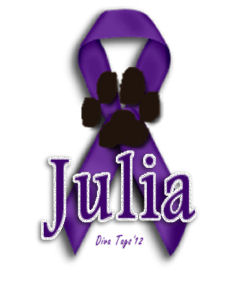URGENT CALL TO ACTION!! City files motion to KILL Beau!

After Beau's legal team received two hearing dates, we thought Beau had a good chance, but once again the powers that be have pulled a fast one! At Tuesday's Board of Aldermen meeting in Dyersburg, TN Beau was discussed. A city attorney would NOT confirm the ordinance was legal and basically the aldermen were told no one wanted Beau dead. The next day, a motion was filed to vacate the stay of execution by the ci Click Here to Read Entire Story






